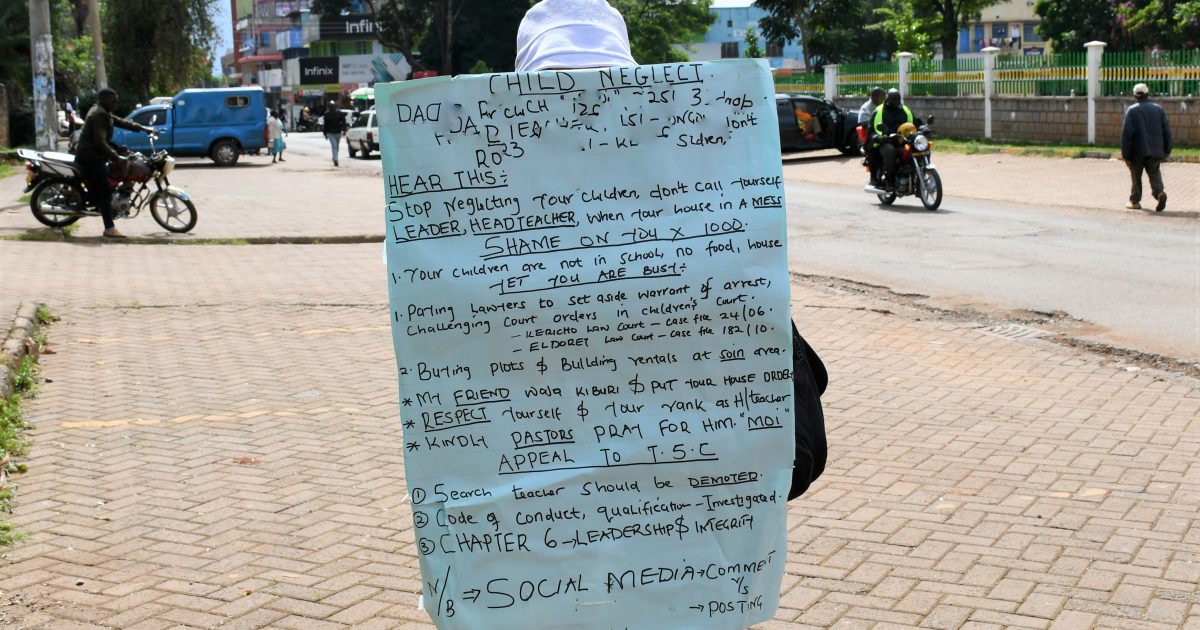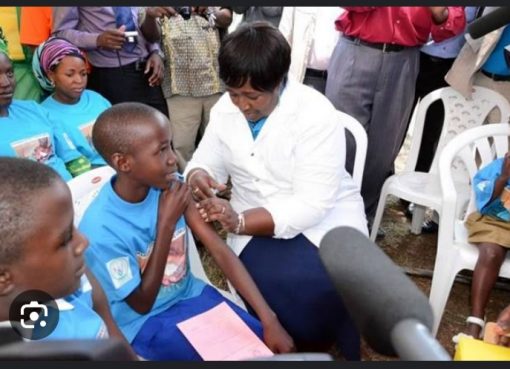The impact of inflation on living standards has continued to adversely affect the underclass in society, especially the unemployed single mothers who are struggling to fend for their children with little to no help at all from their estranged partners.
The latest data from the Federation of Women Lawyers (FIDA) indicates that incidents of child neglect have gradually risen this year with cases of child custody and maintenance between 1st October 2022 to 31st October this year, totaling to 106, while spousal maintenance in the same period was 23 cases.
Speaking to Kenya News Agency, FIDA Public Relations and Communications Officer Moses Okinyi Owuor revealed that child custody and support cases had increased to a total of 106 instances reported in the month of October compared to previous months when 102 cases were reported in September and 185 cumulative cases were reported in the month of July and August.
“Since September, there has been a resurgence in the need for psychosocial health and counseling with the rise in cases being reported in October as opposed to none reported in September,” added Okinyi
For instance, Kericho residents were treated to a rare spectacle Monday morning after a decently dressed middle-aged woman went berserk in protest on the streets of Kericho town, carrying two placards detailing the agony she has been going through occasioned by claims of child neglect by her ex-lover.
Caro Chepkemoi, a single mother of two, decided enough is enough and gathered the courage to air her dirty linen on the streets after years of what she termed as torment and frustration of raising two children alone without the help of her ex-husband.
She claimed that her estranged partner who is the Principal in one of the well-known high schools in Kericho has for years deliberately neglected his responsibilities of taking care of his child whom he sired 22 years ago leaving her to struggle alone to fend for the children.
“I resolved to take this step after the unending battle of 20 years for child support from the father bore no fruits. The father to my second born at least contributes to educating his child. But the Principal has completely neglected me,” she said.
Caro urged the government to intervene in her situation saying her son is yet to join the Digital Media Institute for his tertiary education since 2020 for lack of school fees.
The 42-year-old casual labourer at the tea estates emotionally narrated how she even struggled to meet the basic needs of her family due to the meager wages she receives from her tea-plucking hustle.
She tearfully said that her shoe-string budget could only cater to a simple meal per day for her and her two children.
“I completed my schooling in form four and I wouldn’t want my son to end it there too. I want him to go beyond high school level,” Caro said
She revealed to KNA that she had presented her case before the Director of Teacher Service Commission (TSC) Ms. Rebecca Mwangi who promised to take up the matter with her ex-partner who is a High School Principal with an aim to find a resolution.
According to the chairman of the women and children rights center Kericho branch Geoffrey Byegon, there has been a rise in cases of child neglect in the county adding that the organization is aware of the mental effects such situations cause to the mothers and children.
“We receive over 10 such cases in a month in Kericho County and it’s quite traumatizing for mothers. We try our best to help them by offering counseling services and referring them to psychologists and lawyers to help them further with the legal process,” he said.
According to the Constitution, Article 53, a child has the right to receive parental care and protection which includes equal responsibility for the father and mother to provide for their child regardless of whether they are married or not.
And under Section 83 (1) of the Children’s Act, the following are some principles are applied in making a child custody order; the conduct and wishes of the parent or guardian of the child; the ascertainable wishes of the relatives of the child; whether the child has suffered any harm or is likely to suffer any harm if the order is not made and the best interest of the child.
By Kibe Mburu and Purity Eboyi





